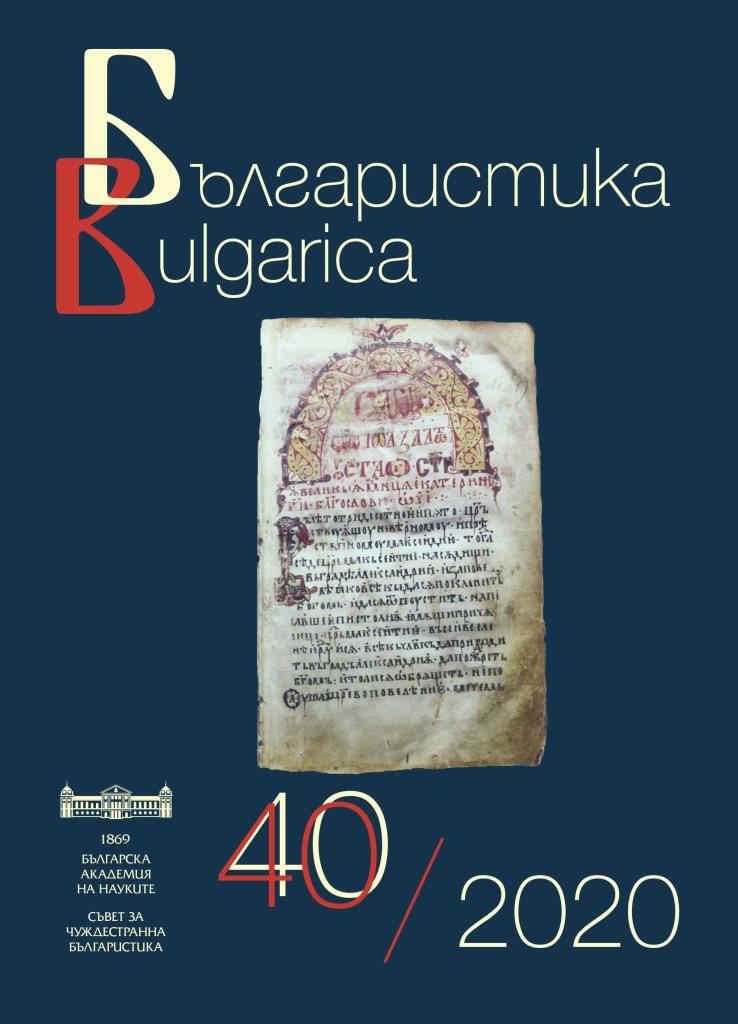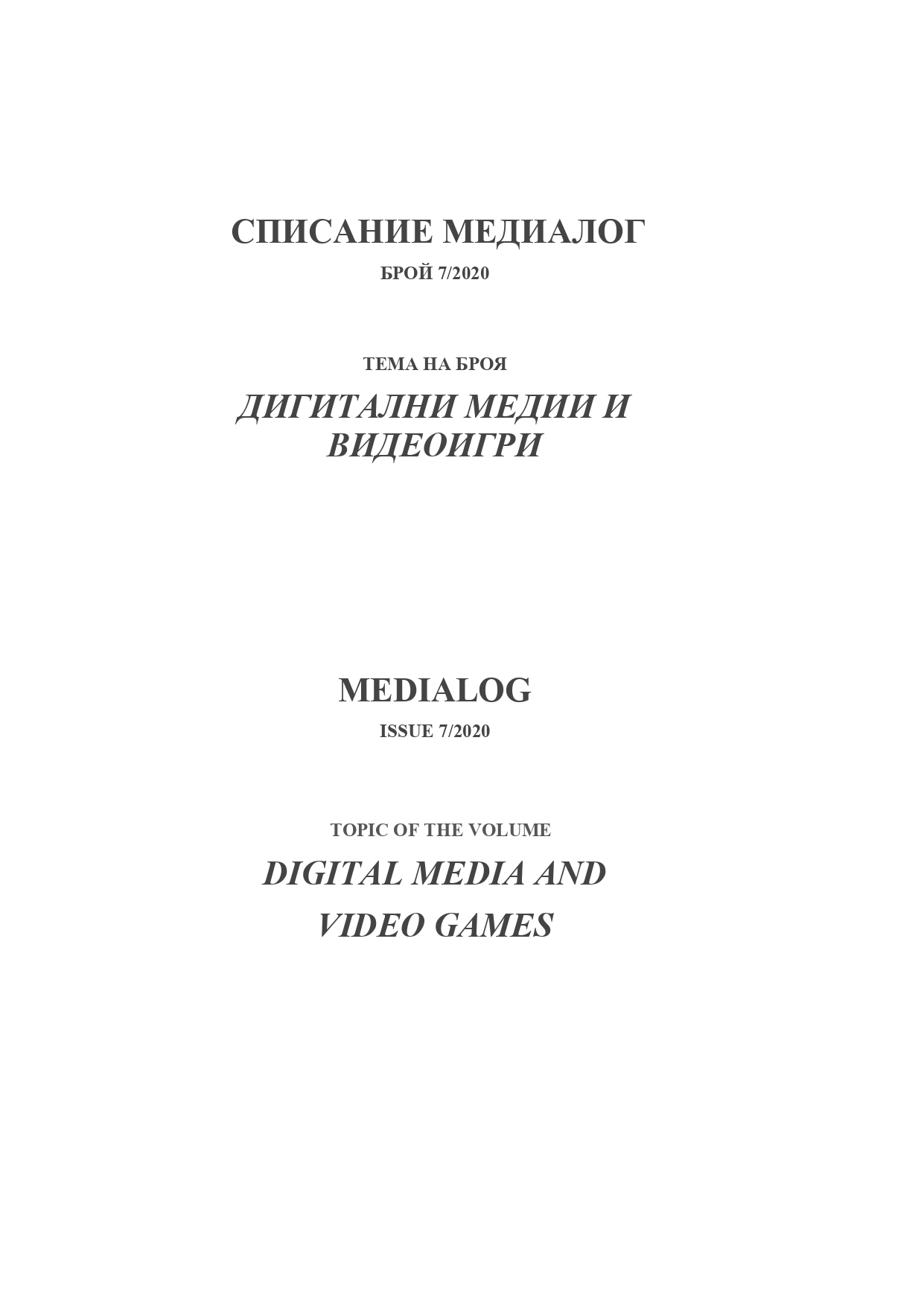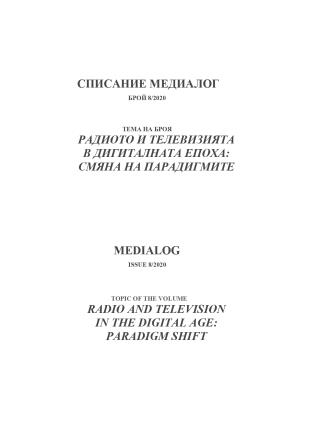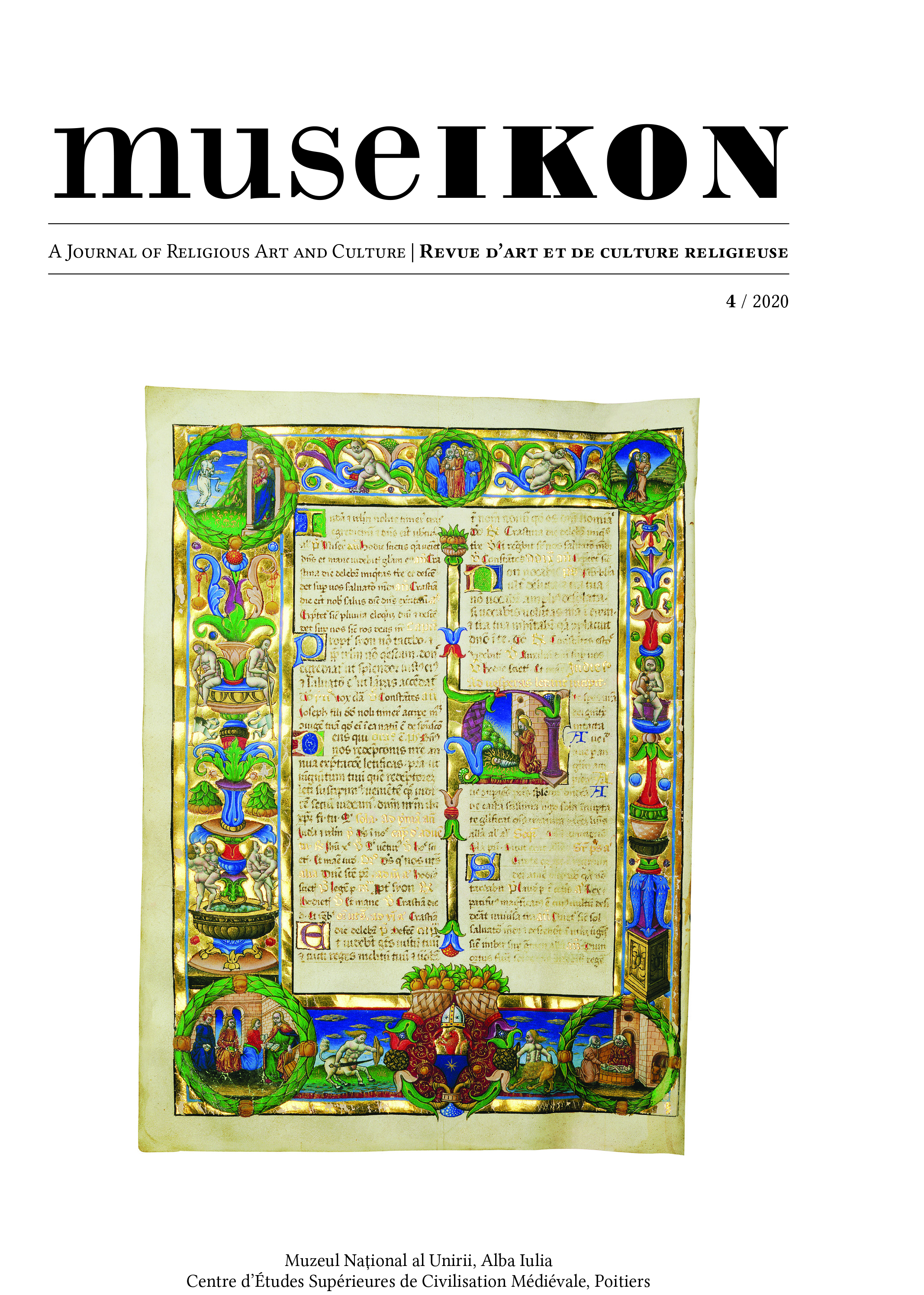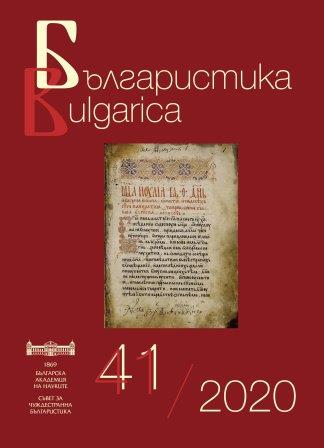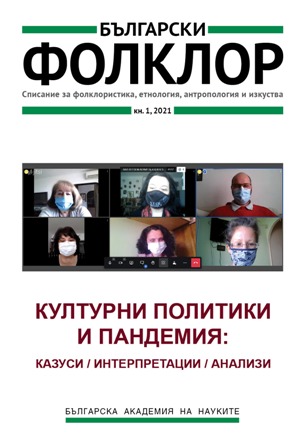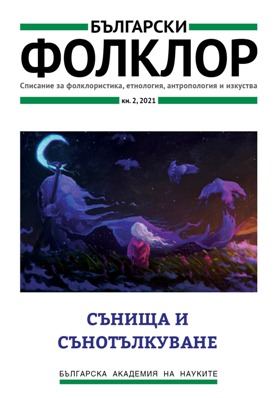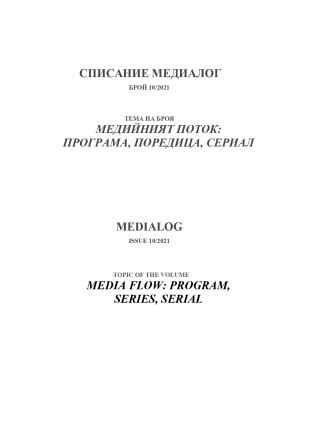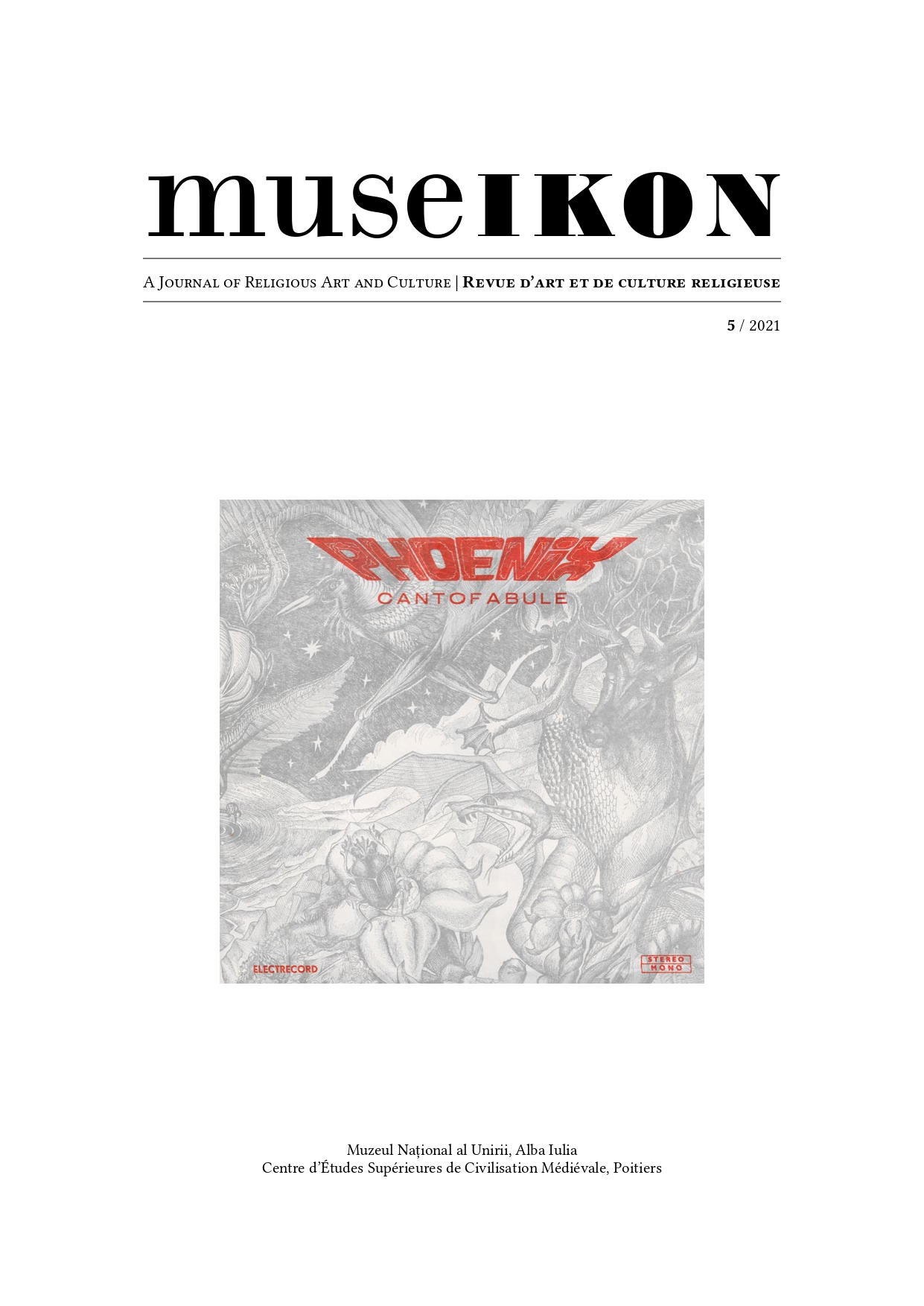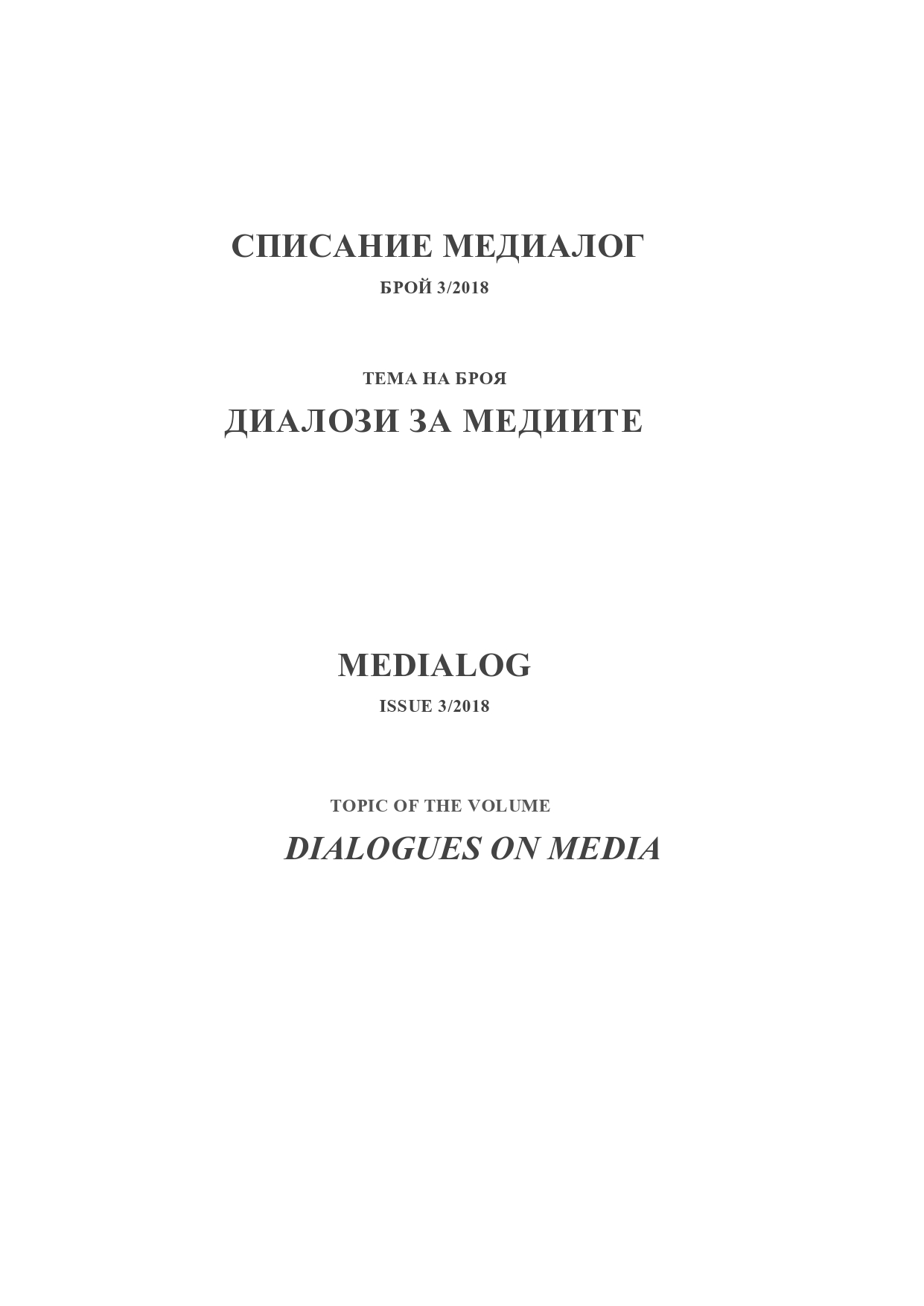
„Нашият труд е песента“
peoples music, state socialism, people's democracy, Bulgarian radio, soft powerThe article describes the main power concepts and practices, related to music in Bulgarian radio during the first years of socialist Bulgaria – the Fatherland front period (1944-1947), when the authorities start to take possession of state radio, under the guise of “people’s democracy”; and the totalitarian period (1948-1956) – a period of “classical Stalinism”, a time of the completed control of radio and media music by the communist power. The focus is on the so called folk music in radio, which turns out to be one of the main conduits of “soft power” in the first years of Bulgarian national socialism. Its presence in the narratives of communist power, its place in radio programs, its main figures and formats, its power uses as “music for the people” and some discourses as “correct” and “incorrect” music, according to authorities, are examined.
More...
